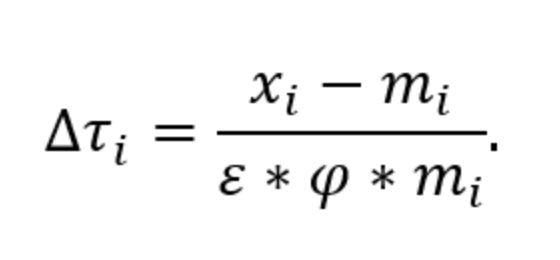Trump’s class clowns deploy Hellenic mumbo-jumbo for futile, stupid gesture
(Originally published April 4 in “What in the World“) “I think it’s going very well,” Trump said as he as he left the White House for one of his Florida golf clubs. His words recalled Kevin Bacon’s famous line in the classic 1978 comedy “Animal House,” when as pandemonium gripped the campus, his character Chip Diller screams vainly: “Remain calm! All is well!”
As U.S. President Donald Trump marched off to hit the links, stocks were tanking amid fears the tariffs will hit both U.S. corporate profits and the job market, and possibly trigger a global recession.
The U.S. stock market lost roughly $2.5 trillion in value as the S&P500 fell nearly 5%, its biggest one-day drop since the pandemic hit in 2020. It has fallen 10% since Trump’s inauguration. The Nasdaq dropped almost 6% and has lost almost 16% since inauguration day.
The latest, across-the-board tariffs are being added to tariffs Trump has already threatened and imposed, like the 25% tariff on imported cars that went into effect Thursday. Prices for Apple’s top-end iPhone could leap to $2,300. But the first hit to American consumers may be to their grocery bill, as they face higher prices for imported bananas, coffee, chocolate, grapes, and seafood.
One factor behind the market’s dismay is the growing chorus for retaliation against the new tariffs. Both China and Europe have already vowed to retaliate. France’s President Emmanuel Macron called for European companies to suspend plans to invest in the United States. And Canada joined China and Europe in saying it would retaliate against Trump’s tariffs. Prime Minister Mark Carney said Canada would put a 25% import duty on U.S. cars that don’t comply with the United States-Mexico-Canada Agreement, and on any non-Canadian content in vehicles that do.
The Office of the U.S. Trade Representative released the methodology used to calculate the new tariffs. Underlying it is the erroneous assumption that bilateral trade should be in balance, which it strives to achieve by imposing a tariff based on the following formula:

Where:
xi = total exports to a trading partner from the U.S.;
mi = total imports from that country to the U.S., which yields the trade deficit as the numerator;
ε = “the elasticity of imports with respect to import prices;” and
φ = “the passthrough from tariffs to import prices,” to yield
τi = the tariff the U.S. imposes to redress a trade deficit.
This display of facility with the Greek alphabet (not to mention algebra) might appeal to the fraternity house instincts prevalent in Trump’s administration. But you don’t need to be an economist or a mathematician to see that the outcome of this equation, particularly with less-developed nations such as Cambodia, isn’t balanced trade. The outcome is no trade at all. But that’s an outcome that likely appeals to Trump’s ultimate autarkic impulse, in which Americans toil in factories making shoes and such. Even if it hits poorer countries harder than wealthier ones.
Meanwhile, Secretary of Health and Human Services Robert F. Kennedy Jr.’s layoffs of 20,000 of his department’s 82,000 employees stands to not only reduce vital health services but also reduce food safety and raise drug prices.